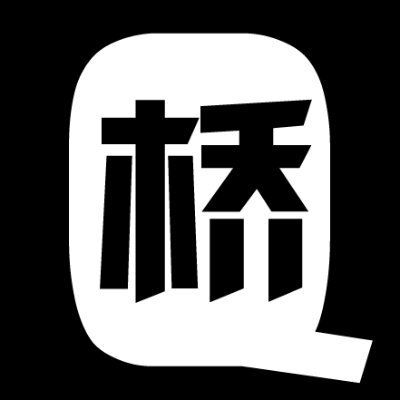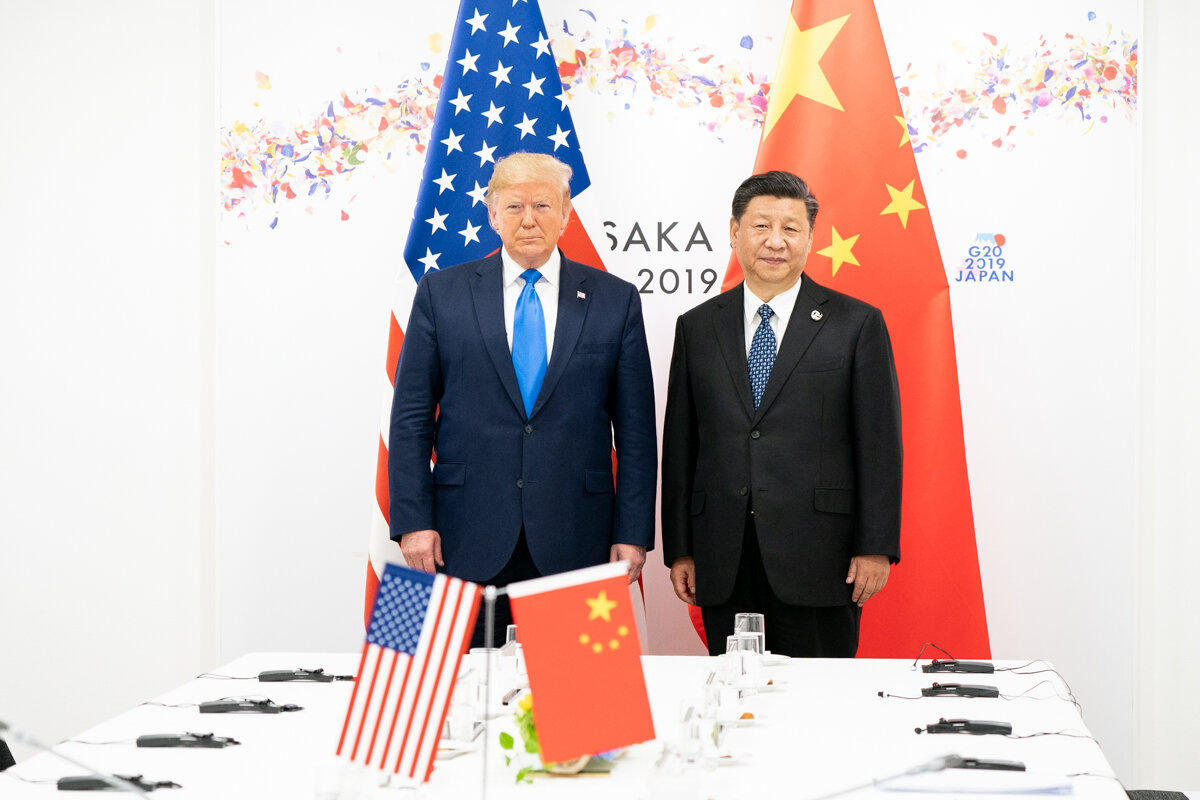The End of Engagement
New Cold War aggression on China is bigger than Trump or Biden. A long-term view of the imperialist assumptions behind the era of engagement initiated by Nixon make clear: for Washington, real bilateralism premised on China’s sovereignty and the legitimacy of its socialist system has never been on the table.
Agents of Chaos: How the U.S. Seeded a Color Revolution in Hong Kong
Laura Ruggeri explores the work of U.S. intelligence agencies to seed a Hong Kong color revolution by exploiting a fundamental contradiction: the political return of Hong Kong to China did not correspond with the ideological and cultural decolonization necessary to curb a hegemonic neocolonial mindset.
The “America First” Pandemic Response: Parasitic Finance as Lenin’s End-Stage of Imperialism
To mark Vladimir Lenin’s 150th birthday, Chinese blogger Zi Qiu offers a Leninist analysis of the U.S. pandemic response, the nature of U.S. financial hegemony, and the parasitism of the U.S. capitalist class’s advances on China.
Sinophobia Inc: Understanding the Anti-China Industrial Complex
Armed with state funding and weapons industry sponsors, a handful of influential think tanks are setting the terms of the New Cold War on China, propelling the U.S.-led alliance towards a disastrous conflict at the expense of the rest of us.
On Inner Mongolia and Bilingual Education in China
Changes to Inner Mongolia’s bilingual education policy have hit Western China-watching circles, prompting dramatic and misrepresentative claims of cultural erasure.
We investigate government documents from the autonomous region to set the record straight.
Why Rebel?
Chinese leftist blog Jiliu (激流) investigates recent Black Lives Matter protests through a Marxist, data-driven lens that offers a dialectical approach to the question of race and class often missing in Western left-leaning debates.
A Cold War Crossroads for the EU
As the U.S. declares the era of engagement with China a “failure,” the EU has a choice: adopt the belligerent U.S. path to conflict, or pursue independent relations with China as equals.
The U.S. Tech War on China: A Battle for Economic Sovereignty
The Trump Administration’s forced sale of TikTok is part of a broader effort to thwart Chinese economic independence in the tech sector
American “Revolution”: The “Black Hole” of American Electioneering and the Lessons China Must Draw
The assumption that the US political system is "perfect" prevents systemic critiques of American liberalism and individualism pertinent to the country’s failed pandemic response, Chinese blogger Tu Zhuxi argues.
Anti-China Hysteria Drives Record 2021 U.S. Defense Spending
Under the cover of an imagined ‘China threat,’ the 2021 National Defense Authorization Act continues to devote bottomless funding to endless war and militarization while neglecting its own people.
Is American Dependency Actually “Self-Determination” for Hong Kong?
Puerto Rico provides a tragic case study of US imperial parasitism that fundamentally challenges the Hong Kong pro-democracy camp’s presumption that “Western imperialism’s colonial governments are not only ‘more free’ but also ‘more democratic.’”
The Fallacy of Denouncing ‘Both Sides’ Of The U.S.-China Conflict
In order to challenge the United States’ New Cold War on China, we must abandon the “neither Washington nor Beijing” false equivalencies and work to disrupt the U.S. war machine at every turn.
The Metamorphosis of Yuangudui
Chinese novelist Qin Ling’s rich depiction of how one village, as part of the CPC’s national poverty eradication efforts, have transformed the “bitterest place under heaven” into a symbol of China’s ascent towards a “moderately prosperous society.”
A Note on the Tiananmen Protests
A note of reflection on the June 4th Tiananmen protests written by three members of Qiao Collective whose families were closely involved in the June 4th Tiananmen protests.
“We Are Trying to Build Humanity”—Vijay Prashad on Chinese Socialism & Internationalism
Qiao Collective talks with Vijay Prashad on COVID-19, China’s pandemic response, and the spirit of Chinese socialism and internationalism in the face of rising U.S. hegemony and aggression.
I Want to be Chinese
E. Dong writes a poignant reflection on her journey to shed the baggage of Western chauvinism and to instead “look East” in our personal and political orientations, grounding our political and moral struggle in the ongoing legacy of the Chinese revolution.
After the West: China’s Internationalist Solidarity in the Age of Coronavirus
China’s socialist state production and global cooperation is equipping the world with the tools to fight coronavirus, offering a vision of a world without Western hegemony
How Chinese Socialism is Defeating the Coronavirus Outbreak
China is marshaling state-owned industries and market controls to stop the coronavirus outbreak—providing a global demonstration of the strengths of socialism with Chinese characteristics.
Connecting the Dots: Iran, China, and the Challenge to U.S. Hegemony
China is providing a crucial economic and political lifeline for Iran and other nations targeted by U.S. sanctions. The United States’ so-called “trade war” against China could change that.



















